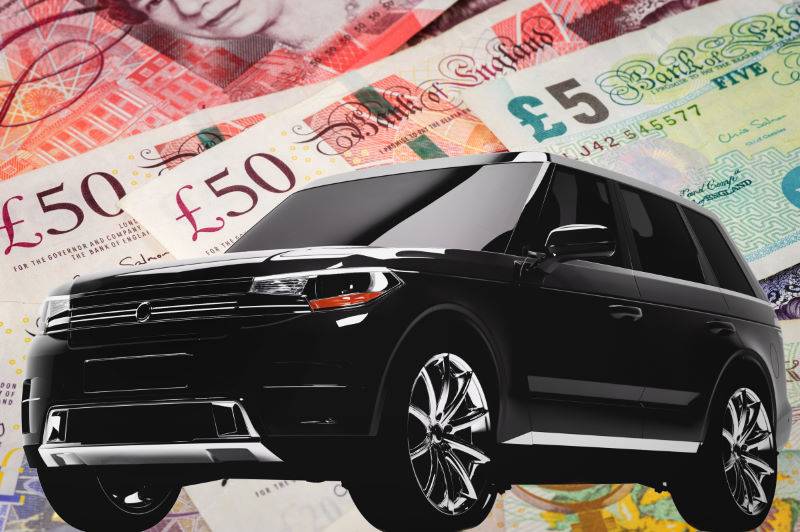What will you get to see when Car.co.uk provide a car value estimate?
Rather than give you one price, you’ll get a series of prices – because a vehicle’s value will differ depending on what you’re doing with it or who’s buying it. Your valuation will start with a ‘private guide price’ – this is the value you could expect if you’re buying the car from a private seller, or selling it yourself.
You’ll also get a ‘trade guide price’ – the price we’d expect the car to sell for if it was being sold by a dealer. Trade guide prices tend to be more than private prices – since traders often carry out checks on their vehicles and provide warranties if something goes wrong.
If you’re planning on trading your car in, you’ll also see the ‘part-exchange guide price’ – giving you an indication of how a trader will value your car against another car in their stock. Finally, you’ll get an ‘auction guide price’ – an idea of how much the car would be likely to sell for at a specialist vehicle auction.
Whether you’re buying, selling, or part-exchanging, our information will help you decide if you’re getting a good deal.










